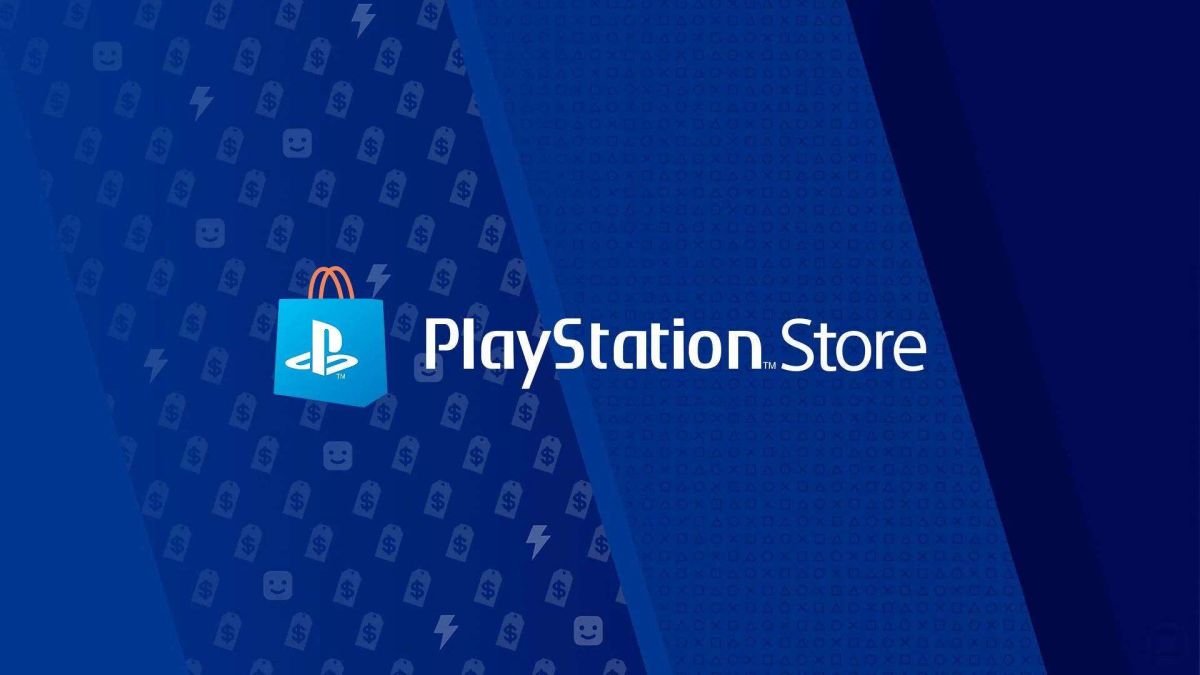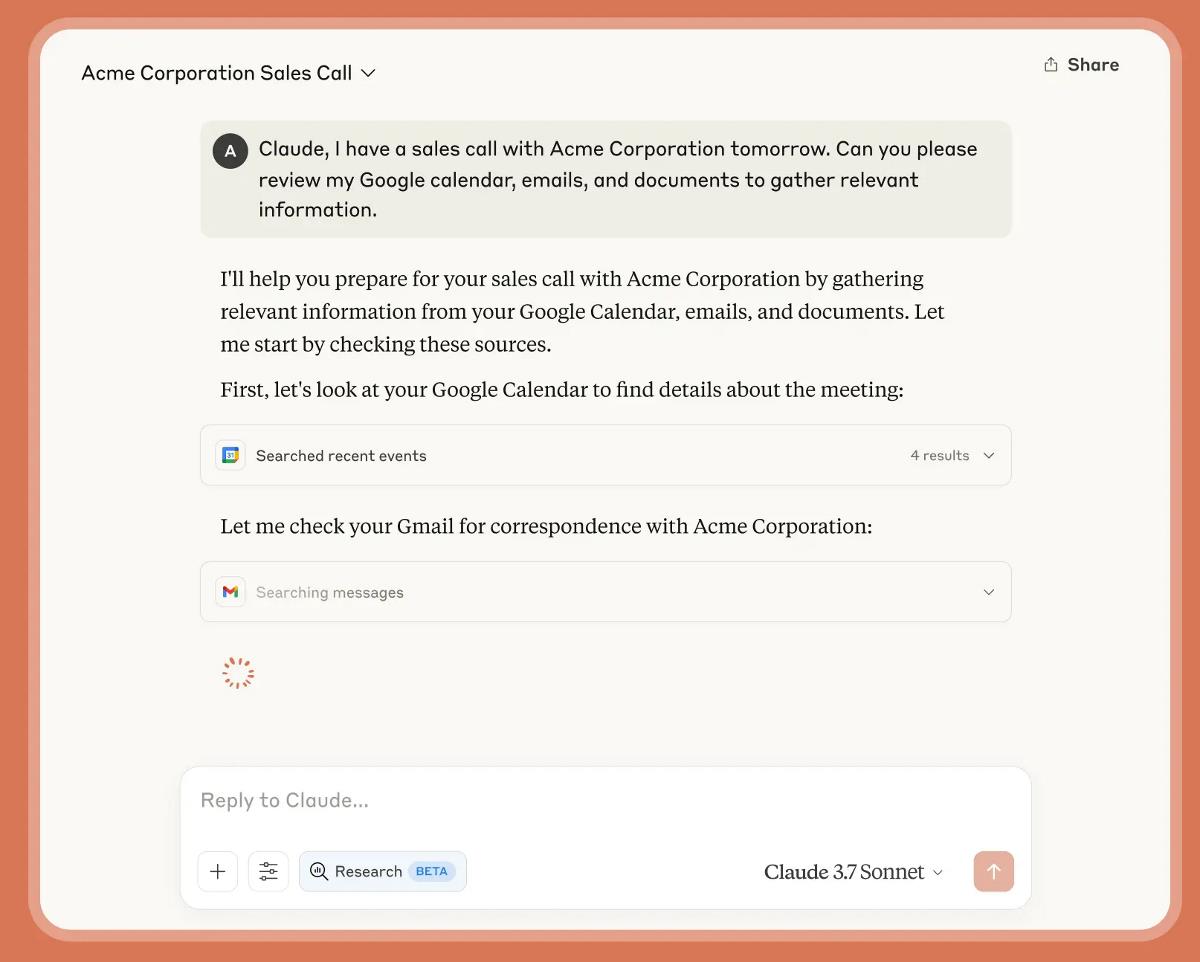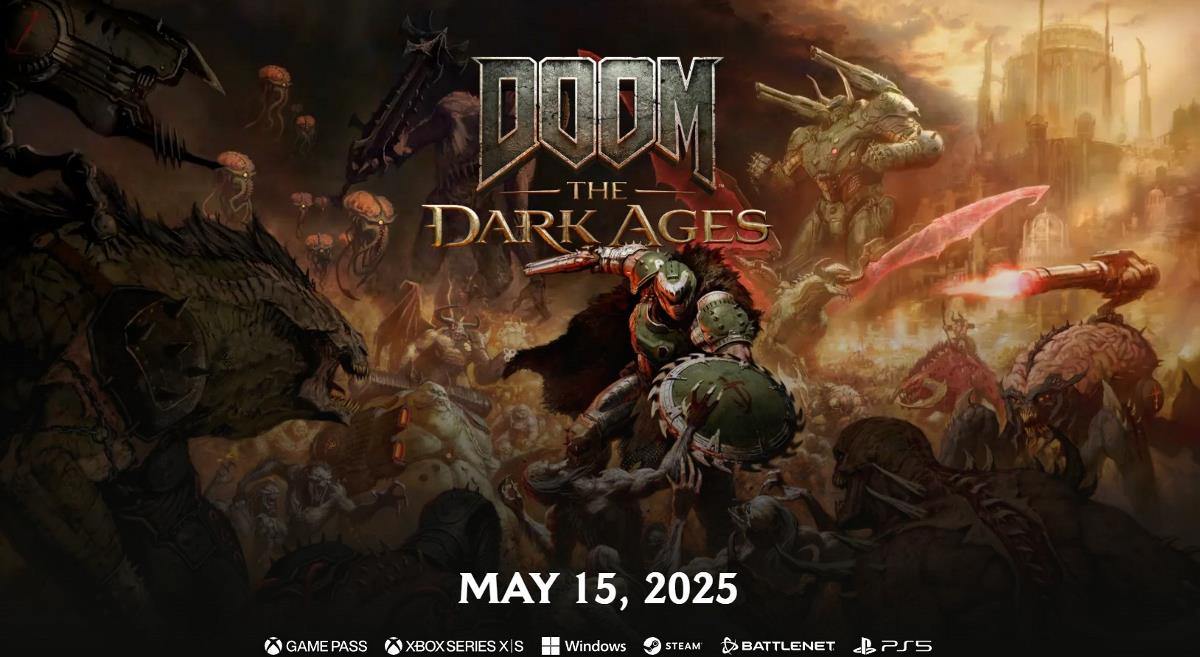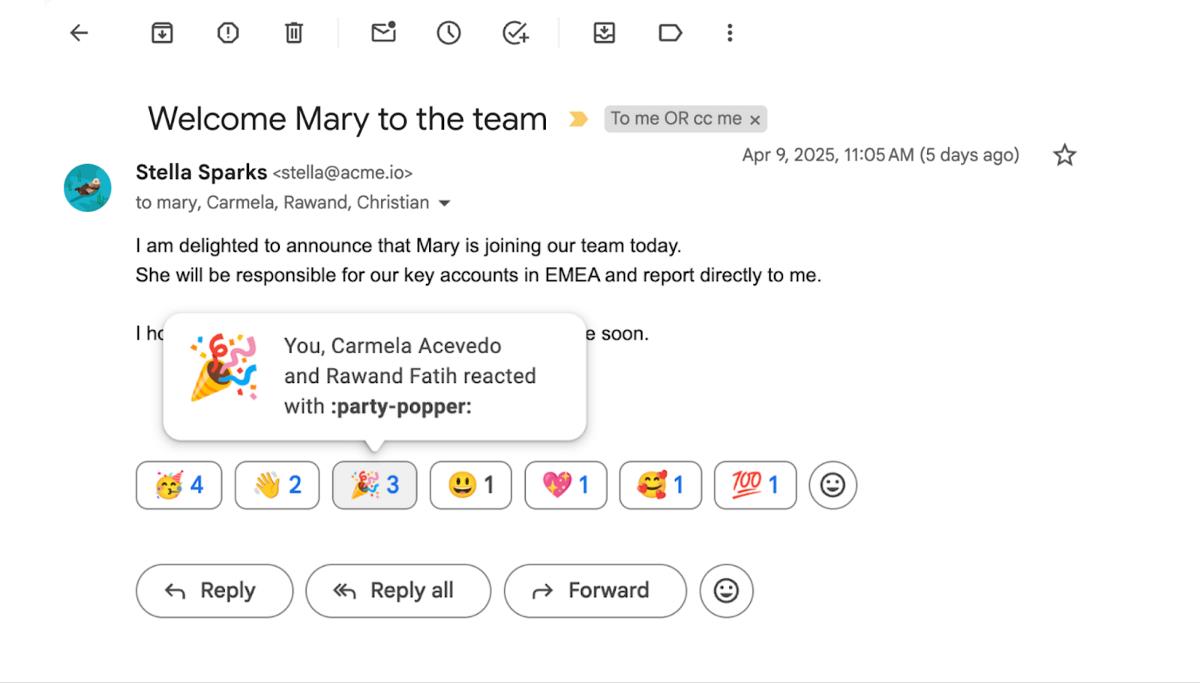Dragon Copilot: Microsoft's AI Solution Aims to Alleviate Clinician Burnout
Microsoft has unveiled Dragon Copilot, an AI-powered assistant designed to streamline healthcare administrative tasks and reduce clinician workload. This new tool builds on Nuance’s Dragon Medical One, a speech-recognition system widely used in hospitals and clinics, following Microsoft's $19.7 billion acquisition of Nuance in 2021.
With Dragon Copilot, Microsoft aims to tackle one of the biggest challenges in modern healthcare: clinician burnout due to excessive documentation and administrative work. The AI assistant automates real-time medical note generation, summarizes patient encounters, drafts referral letters, and retrieves relevant clinical guidelines—allowing doctors and nurses to spend more time focusing on patient care.
Joe Petro, Microsoft's Vice President of Health and Life Sciences Solutions, emphasized that the AI solution is intended to create a "seamless, secure, and efficient documentation process" that integrates directly into existing electronic health record (EHR) systems. Unlike generic AI assistants, Dragon Copilot is fine-tuned for medical use and provides responses based on trusted clinical databases.
One of the key features of Dragon Copilot is its ability to process conversational orders, meaning clinicians can verbally issue commands like "Order a blood test and schedule a follow-up in two weeks," and the AI will execute the request within the hospital's system. Additionally, the AI can pull up specific medical resources, such as drug interaction data, disease progression charts, and treatment guidelines, without requiring the doctor to leave the workflow.
Security and compliance are a major focus for Microsoft, and Dragon Copilot has been built with HIPAA-compliant frameworks, ensuring patient data privacy. The AI continuously learns from interactions to improve accuracy while maintaining ethical AI safeguards to prevent misinformation.
While AI in healthcare remains a debated topic—particularly regarding accuracy, liability, and potential biases—early pilot programs of Dragon Copilot have shown promising results. According to Microsoft, hospitals testing the tool reported a reduction in documentation time by up to 40%, with clinicians noting improved patient interactions due to reduced screen time.
Dragon Copilot will be available to U.S. and Canadian healthcare providers in May 2025, with plans for a broader rollout in Europe and other regions later in the year.
RECOMMENDED NEWS

Microsoft's Surface Laptop 6 and Pro 10 devices could be its first AI PCs
Rumor has it that Microsoft is going to release the next version of Windows in 2024. Named Windows ...

Google Chrome: big security feature enables automatic security actions
Google is updating Safety Check and improving the handling of site notifications and website permis...

Sony Addresses Major PSN Outage with Compensation, But Gamers Remain Unhappy
Sony's PlayStation Network (PSN) recently experienced a significant outage lasting approximately 24...

Claude AI gets Research Mode and Google Workspace integration
Anthropic has announced a major update for its AI assistant, Claude. The service's latest feature i...

DOOM: The Dark Ages gets a new trailer
A new trailer for DOOM: The Dark Ages dropped on Sunday, in an unexpected manner. The video debuted...

Gmail's new feature lets you react to emails with emojis
Google has launched a new feature that allows users to react to emails with emojis in Gmail. This c...
Comments on "Dragon Copilot: Microsoft's AI Solution Aims to Alleviate Clinician Burnout" :